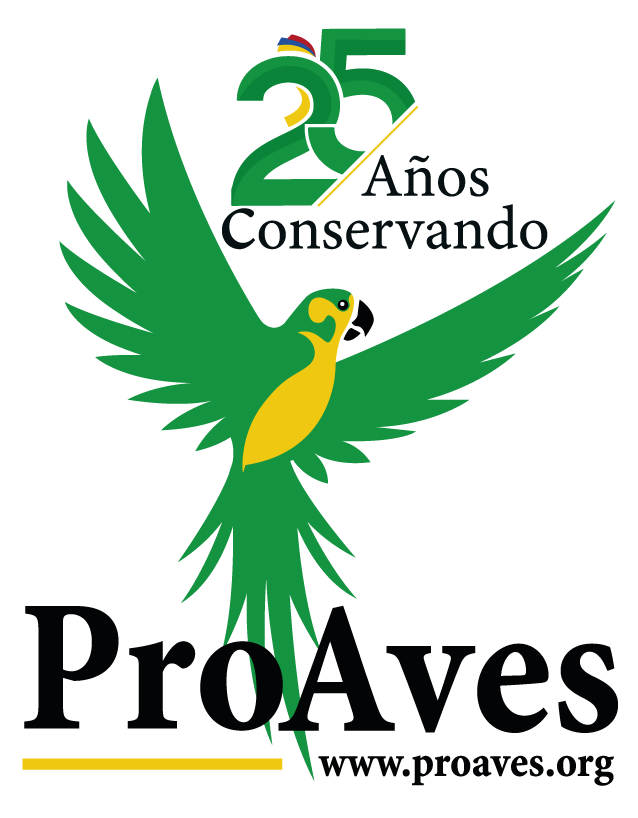The birds are a very diverse group comprising the terrestrial vertebrate taxa varied and their ecology, behavior, biogeography and taxonomy are relatively well known, which transforms them into a solid unit for use with monitoring and evaluation purposes. Functionally, the birds are important for controlling insect populations, seed dispersal and pollination combined with defined types of studies and distance make this group particularly useful for assessing and managing impacts on biodiversity and ecosystem change . This close relationship of birds with different habitats and transformations of them has done that 9% of birds in Colombia is ranked in some degree of threat, including 62% of endemic species.
The latest revision of the classification of threatened species by the International Union for Conservation of Nature (2006), shows how changes in categories result, in most cases, to have more precise information available about the species. This is why it framed in overall conservation ProAves, the endangered species program has been created with the main aim of increasing knowledge and promoting specific conservation actions on endangered bird species in Colombia.
This program has been developed through the implementation of over 100 investigations around 35 Endangered species on various aspects of natural history, behavior and ecology, which have laid the groundwork for the development of conservation tools such as the implementation of the Birds Nature Reserve, which in turn potentiate the protection of habitat for a greater number of threatened and endemic species. Currently, the Nature Reserves of the birds, protect the habitat of 83 of the 155 (53.54%) species in some category of threat, which correspond to 8 of the 11 Critically Endangered (72.7%), 14 out of 22 In Hazard (63.6%), 30 of the 48 Vulnerable (62.5%) and 32 of the 61 near-threatened (52.4%) recognized so far in Colombia.
